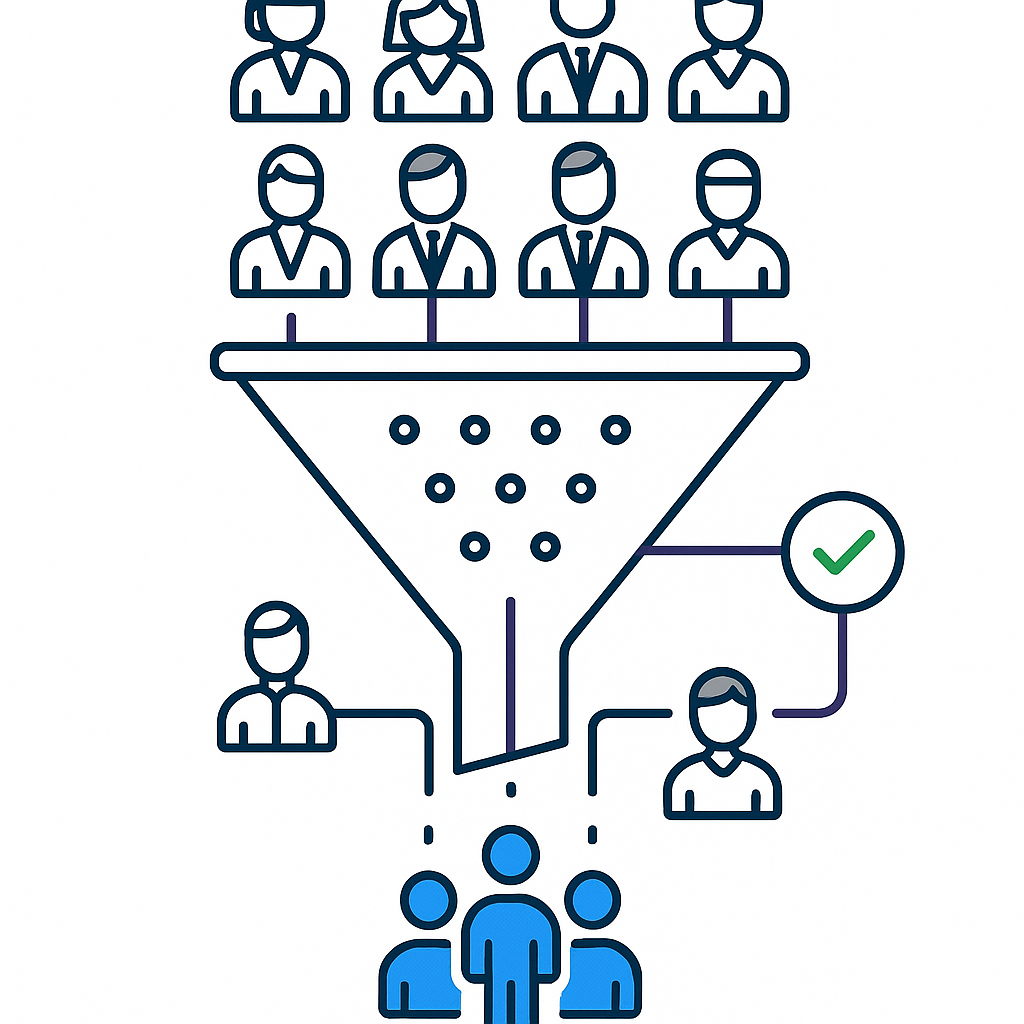
Who is not being laid off?
That’s the question.
I’m thinking about all these layoffs. I’m trying to figure out if there’s anything we can learn about the future of tech by looking at who’s getting laid off and who’s not.
Here’s what I’m wondering:
- Is it mostly people with degrees they’re getting rid of?
- Is it people with degrees they’re keeping?
- Are there any particular certifications that matter?
- Certain fields?
- Certain roles?
- Certain skill sets?
I’m curious about what signal we could learn from this. And the reason I care is because I want to know what we should be studying.
Maybe we shouldn’t be spending months or years trying to get certifications or degrees. Or maybe only certain ones—if we know that many of the people getting laid off have that particular thing.
It’s a completely different world. In the past, you needed a 4-year degree. That was a given. That was 20-30 years ago. A 4-year degree locked you in as a professional for your entire career. Get a decent degree in a halfway decent field, and you become a professional. That’s clearly not the case anymore.
So the question—which I and many others are working on—is what are those things employers are looking for?
On a related note, I heard someone say recently that tech might be becoming like professional sports. Lots of people can do it for free, but only very few will actually be paid for it.
In professional sports, you know what the criteria are. You know—tall, fast, strong, whatever the attributes are for that particular sport.
So once again, that becomes the question. What are the attributes for this sport of knowledge work? And since it’s about learning as opposed to physical gifts with athletics, what do we study? What do we train? What do we practice?
I think this is a critical question going forward.
I’m working on some curricula within my Substrate project and also Human 3.0 to try to get us close to a set of things to learn.
My general idea around this is first principles. So fundamentals that essentially help us understand how the world works:
- Mathematics – The language of the universe
- Physics – How things actually work
- Computer science – The foundations of computation
- Programming concepts – How to think in systems
- Critical thinking – This is very high on the list
- Dialectic and rhetoric – Part of the Greek trivium, essentially the ability to think clearly and make and respond to arguments
- History – Patterns repeat
- Sociology – How groups behave
- Psychology – How individuals think
- Evolutionary biology – Why we are the way we are
- Political science – How power works
Then stacked on top of that is a bunch of tactical skills:
- Using AI effectively
- Using technology as leverage
- Communication skills
- Writing clearly and persuasively
The idea is to combine timeless fundamentals with cutting-edge tools. That’s what I think will survive the filtering.
